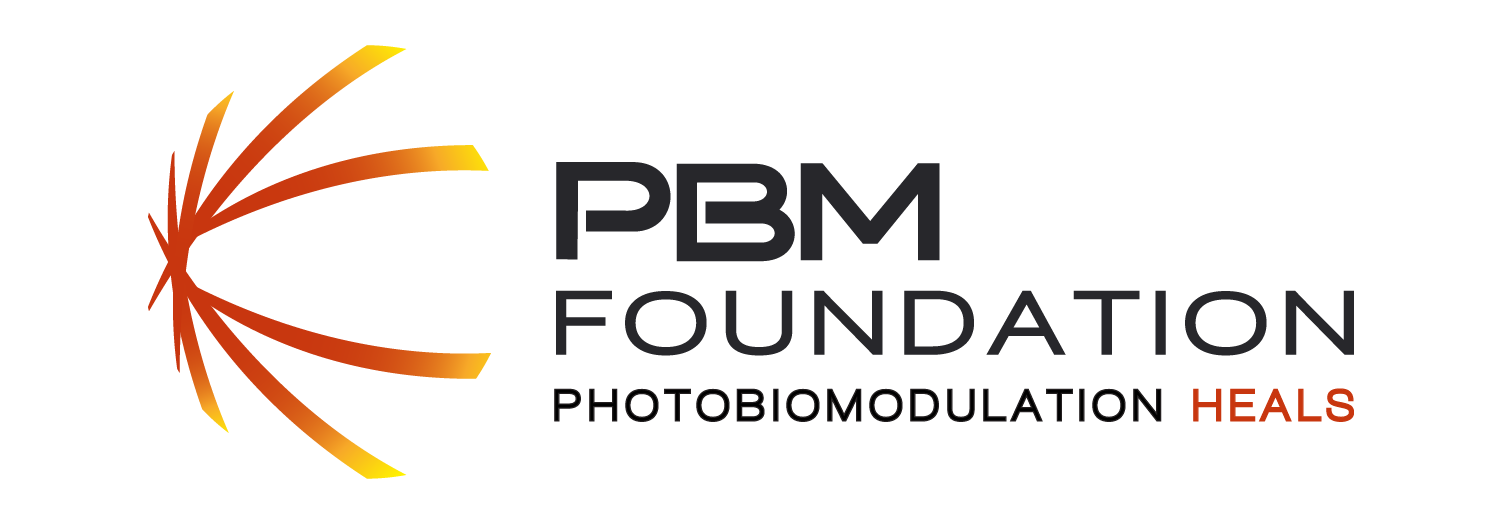Adjunct low level laser therapy (LLLT) in a morbidly obese patient with severe COVID-19 pneumonia: A case report
Introduction: COVID-19 poses a higher risk of complications in obese patients due to low respiratory system compliance, increased inflammatory cytokines, and an activated immune system secondary to excess adiposity. Low level laser therapy (LLLT) has significant anti-inflammatory effects and reduces inflammatory cytokines. It is noninvasive and approved for pain management and musculoskeletal injuries. Data from human and experimental animal models of respiratory tract disease suggests that LLLT reduces inflammation and promotes lung healing.
Case and outcomes: A morbidly obese 32-year-old Asian female with severe COVID-19 received four consecutive once-daily LLLT sessions via a laser scanner. Pulsed 808 nm and 905 nm laser beams were delivered over the posterior chest for 28 min. The patient was evaluated before and after LLLT by radiological assessment of lung edema (RALE) on chest X-ray, oxygen requirements and saturation, pneumonia severity indices (SMART-COP and Brescia- COVID), blood inflammatory markers (interleukin-6, ferritin, and C-Reactive protein (CRP)). Prior to treatment, oxygen saturation (SpO2) via pulse oximetry was 88%–93% on 5–6 L oxygen. Following LLLT, SpO2 increased to 97%–99% on 1–3 L oxygen. Reductions in RALE score from 8 to 3, Brescia- COVID from 4 to 0, and SMART-COP from 5 to 0 were observed. Interleukin-6 decreased from 45.89 to 11.7 pg/mL, ferritin from 359 to 175 ng/mL, and CRP from 3.04 to 1.43 mg/dL. Post-treatment, the patient noted appreciable improvement in respiratory symptoms.
Conclusion: Following LLLT our patient showed improvement over a few days in respiratory indices, radiological findings, inflammatory markers, and patient outcomes. This report suggests that adjunct LLLT can be safely combined with conventional treatment in patients with severe COVID-19 and morbid obesity.

